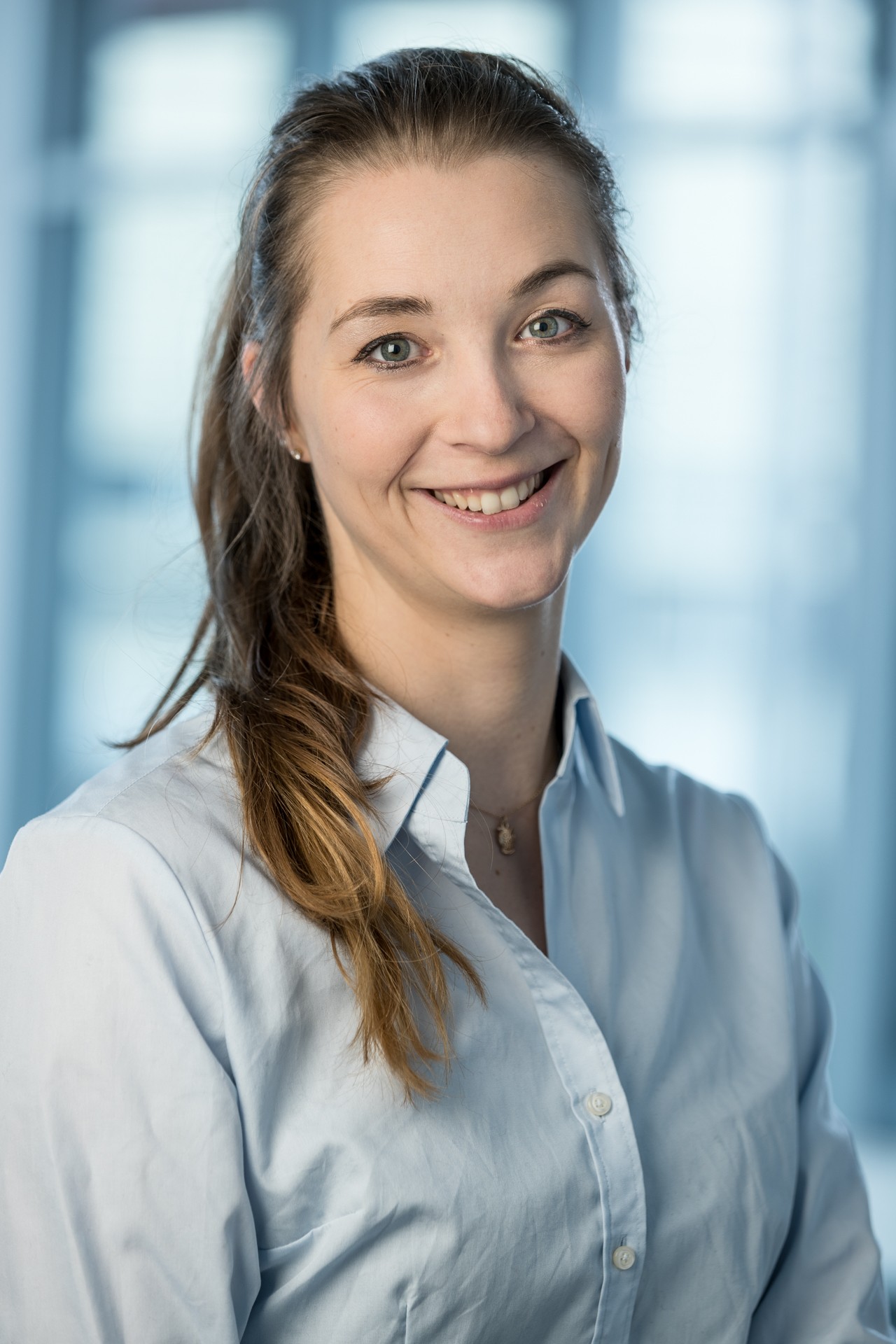Portraitreihe
Women Leaders in Science & Technology: An Interview with Dr. Marie Christin Wolff, Team Leader "Electroplating, CMP & Wet Chemistry" at Fraunhofer ISIT
Women in management are still underrepresented in companies in Germany. According to Statista, the proportion of women in management positions in Germany is 29.5%. Therefore, the central question is whether such phenomena as the glass ceiling, backlash effect, think-manager-think-male continue to shape the everyday work of female executives in companies? In Fact, a woman fulfills the leadership role just as equally as a man does. Therefore, a healthy awareness of gender stereotypes and one's own leadership personality is important when faced with leadership tasks. This is exactly what our interview with Dr. Marie Christin Wolff - Team Leader for Electroplating, CMP & Wet Chemistry at Fraunhofer ISIT's Fab, on the subject of International Women's Day, is all about.

You've been at Fraunhofer ISIT for three years now. How are things going for you?
I'm doing well. I have a lot of things going on.
What is your field of expertise and what makes it particularly exciting?
I am a chemist by training and head the "Electroplating, CMP and Wet Chemistry" team in the clean room at Fraunhofer ISIT. I work on scientific and technical issues in this field.
I studied chemistry because it somehow made the most sense to me of any of all the subjects. I always think it's fascinating to discover things in our everyday lives that we deal with as a matter of course, but whose origins we don't understand. PET bottles for drinks, for example, are familiar to everyone, but hardly anyone pays any attention to them. Where does the raw material come from? How does it end up as a highly complicated product? Where does this product go when we no longer need it? All these questions are often based on a chemical connection, because somewhere in the chain it is a matter of material conversion processes. So I was always interested in the question, "What's in this black box?"
You joined Fraunhofer ISIT after completing your doctorate. Why did you decide to work at ISIT?
I came from the university world of research and chose Fraunhofer ISIT as an employer because there is a good connection between pure basic research and the real needs and desires of industry. There's a different kind of bridge being built here between these two worlds that interested me.
You started as a research assistant, now you are team leader for electroplating, CMP and wet chemistry. How do you feel in your new role?
Great question. I'm in the middle of the change process, so it's difficult to give a final statement about that at this stage. But it's a fact that in addition to the technical and scientific issues, organizational matters are currently being added to my portfolio of tasks. On the one hand, this is unusual, but on the other hand, it is also an interesting process. I'm looking forward to seeing what else is in store for me.
With Great Power Comes Great Responsibility. What do you say about that?
Spider Man? I've definitely seen that as a movie, and for the time being I'm interested in how stretchy the spider rope would have to be, so that Gwen Stacy could have survived her fall from the bridge after all!
Each power, one possesses, should be used wisely, for this it doesn't have to be particularly large. You have to be aware of the consequences of your actions and stand up for yourself: That, in my opinion, is the essence of the word "responsibility." If I can do that for myself, I’ll be able to do it for others.
How do you deal with confrontations in everyday work?
I guess I'm a bit eccentric, so it's not that difficult for me to disagree with certain opinions or to file away useless comments for myself. However, I would like to (and have to) be open to constructive criticism, which is a wonderful quality.
Are you treated differently as a woman in a management position?
Most of the time I don't worry about that. From time to time, I notice stereotypical situations in which I ask myself whether the progress of the conversation has something to do with the fact that I'm a woman.
The fact is: I am not a man. Whether that’s the reason why my leadership strategy is different, I don't know. But I know that I have the same opportunities as all my male colleagues, and I am ready to claim that. My grandmother was not allowed to go to college and would have liked to. I didn’t have to face this problem and I am grateful for that.
What advice would you give to young girls?
I once read that women between the ages of 40-50 are in the most confident phase of their lives - I don't think we have to wait that long.
Marie, thank you for the interview and I wish you all the best for International Women's Day!
 Fraunhofer Institute for Silicon Technology
Fraunhofer Institute for Silicon Technology